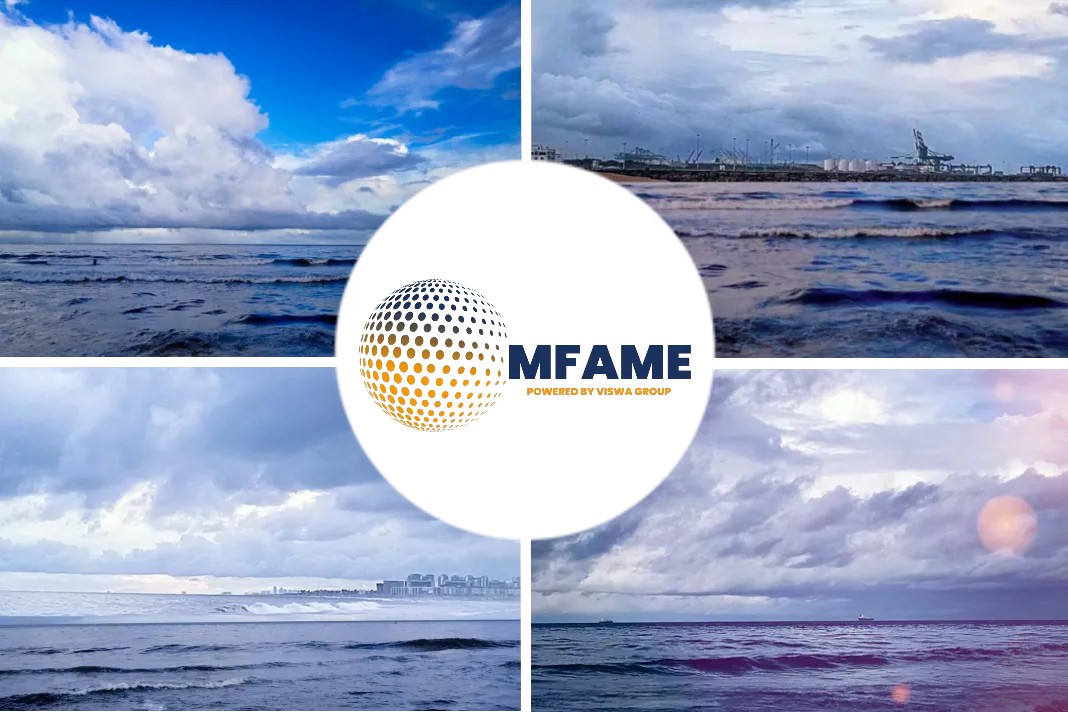
- Rate hikes in major economies such as the US, the eurozone countries and the UK are an additional strain on households.
- Nestle, the world’s biggest food company, expects to spend 1 billion Swiss francs (US$1.1 billion) on investments.
- Nestle is working to reduce its carbon footprint and achieve net zero by 2050 and a 20 percent reduction by 2025 compared to 2018.
‘LIKELY RECESSION’: Francois-Xavier Roger said there would be ‘quite a lot of inflation’ early in the year, and that prices would start to soften in the second half, reported by Taipei Times.
Nestle’s forecast
Nestle SA chief financial officer Francois-Xavier Roger has forecast a challenging six months before inflation starts to ease in the second half of next year.
“We are likely going to go into a recession — we know that the next six months are probably going to be complicated and difficult,” the executive at the maker of Nescafe and KitKat said in a broad-ranging interview this month.
That would trigger a slowdown in consumption, he added.
Consumer goods
Consumer-goods groups like Nestle have been grappling with sharply higher input costs this year.
Many have pushed through record price hikes, denting demand for their products.
Rate hikes in major economies such as the US, the eurozone countries and the UK are an additional strain on households.
Further wage inflation and electricity prices rocketing in Europe would add pressure.
At an investor presentation in Barcelona, Spain, on Nov. 29, Nestle chief executive officer Mark Schneider said that the company had not been able to fully compensate for rising costs, adding that restoring its gross margin to previous levels will be harder if there is a recession.
Inflation and recession
“Certainly there will be quite a lot of inflation still at the beginning of next year and for the next six months after that,” Roger said.
“I think probably in the second half of 2023 we may start to see some softening.”
Roger cited freight rates as a good indicator that a recession is around the corner.
The price to ship a maritime container on the benchmark Shanghai-to-Los Angeles route has plummeted to below US$2,000 from about US$10,000 at the start of the year, according to Drewry Shipping Consultants.
Nestle’s investment
Nestle, the world’s biggest food company, expects to spend 1 billion Swiss francs (US$1.1 billion) on investments such as more sustainable packaging and carbon reduction next year, an increase of almost SF800 million this year and SF500 million last year.
Environmental, social and governance reporting should soon become mandatory, Roger said.
Nestle is working to reduce its carbon footprint and achieve net zero by 2050 and a 20 percent reduction by 2025 compared to 2018.
To do so, it is altering manufacturing and packaging practices in its supply chain, which accounts for 95 percent of its emissions. It is also investing in making more of its plastic packaging recyclable.
Roger said he is looking for a return on those investments, meaning that “we have an impact in terms of carbon reduction, in terms of plastic reduction, in terms of water reduction.”
Did you subscribe to our Newsletter?
It’s Free! Click here to Subscribe.
Source: Taipei Times






















